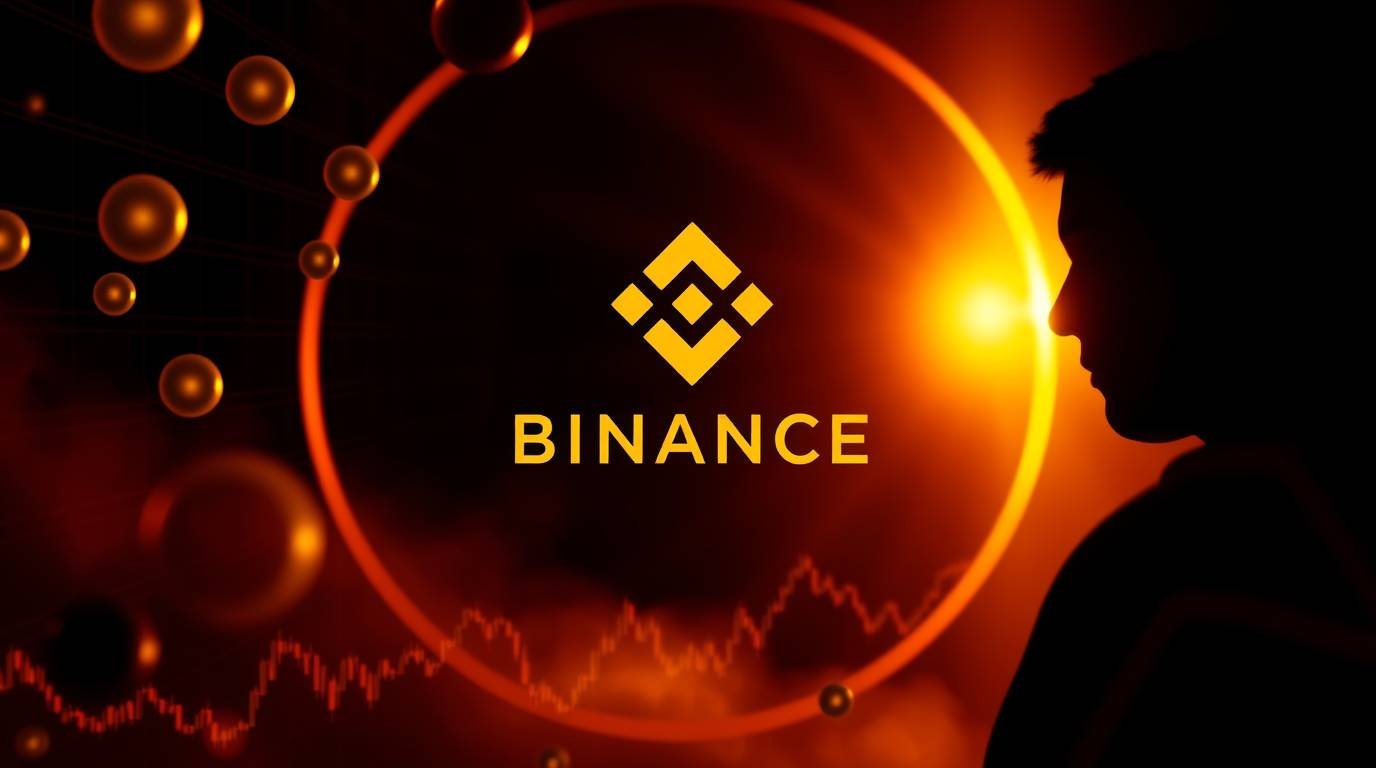Binance, the world’s largest cryptocurrency exchange, has suspended an employee following an internal investigation into claims of insider trading. The individual, who previously worked in business development for BNB Chain and later joined the Binance Wallet team, is accused of using confidential information to profit from a Token Generation Event (TGE). The investigation found that the employee bought a large amount of tokens before their public release and later sold them after the event was announced.
On March 23, 2025, Binance’s internal audit team launched an investigation after reports of suspicious behavior surfaced. They found that an employee had used insider knowledge about an upcoming token generation event to profit personally. After confirming the wrongdoing, Binance took swift action, suspending the staff member and vowing to pursue further disciplinary measures while ensuring that all legal consequences would be fully addressed.
Binance has announced a $100,000 reward, to be shared among the four individuals who reported insider trading, as revealed in a recent X post. The exchange aims to promote ethical practices and reinforce its commitment to fair trading. To further combat insider trading, Binance has implemented internal monitoring systems and a whistleblower program, signaling a zero-tolerance stance on misconduct.
Investigation Findings on Staff Misconduct in Trading
Dear Binance Users and Community Members,
On March 23, 2025, Binance’s Internal Audit team received a complaint alleging that one of our staff members engaged in front-running trades using insider information to gain… pic.twitter.com/SVVvu4rX1x
— Binance Wallet (@BinanceWallet) March 25, 2025
The History Repeats, Binance in News Once Again for the Same Reason
This is not the first time Binance has faced scrutiny over insider trading concerns. In 2023, the U.S. Securities and Exchange Commission (SEC) filed a lawsuit against Binance and its founder, Changpeng Zhao, accusing them of misleading investors about trading controls and regulatory compliance on Binance. US. The SEC alleged that Binance allowed market manipulation through undisclosed entities owned by Zhao, raising alarms about the platform’s transparency. This case intensified regulatory pressure on Binance, further fuelling concerns about whether the exchange had adequate safeguards to prevent insider trading.
The lawsuit also pointed to broader issues in the crypto industry, where unclear regulations have made it easier for unfair trading practices to happen. Binance promised to improve its compliance measures, but the case highlighted the ongoing struggles of major crypto platforms. Even with efforts to increase oversight, insider trading concerns keep popping up, showing the difficulties in maintaining trust and fairness in an industry known for its volatility and rapid developments.
Trading Malpractices, Not An Isolated Incident
In July 2022, the first case of its kind in the cryptocurrency industry occurred as the U.S. Securities and Exchange Commission (SEC) charged former Coinbase product manager Ishan Wahi, his brother Nikhil Wahi, and their friend Sameer Ramani with insider trading. The SEC alleged that Ishan Wahi provided non-public information about upcoming crypto asset listings on Coinbase, allowing Nikhil Wahi and Sameer Ramani to trade ahead of these announcements and profit illegally. This landmark case set a precedent for how regulators might handle similar incidents in the future, highlighting the SEC’s increasing crackdown on insider trading within the crypto space.
Insider trading has been a problem in traditional finance for decades, but in the cryptocurrency market, it is even more difficult to track and regulate. Unlike traditional stock exchanges, crypto markets operate 24/7, and many projects and platforms do not have the same level of regulatory oversight.
Meanwhile, the crypto community is closely watching to see if Binance will implement additional policy changes to prevent future incidents, and whether other major exchanges will adopt stricter internal controls and more advanced monitoring tools.
While Binance moved quickly to address the situation, the incident raises broader concerns about the risks of insider trading in the crypto industry. As the market continues to grow, exchanges must reinforce compliance measures to uphold fairness and transparency. Crypto may have started with decentralization, but it’s heading towards a lot more regulation.


 Bitcoin
Bitcoin  Toncoin
Toncoin  USDS
USDS  Coinbase Wrapped BTC
Coinbase Wrapped BTC  Pepe
Pepe  Bittensor
Bittensor